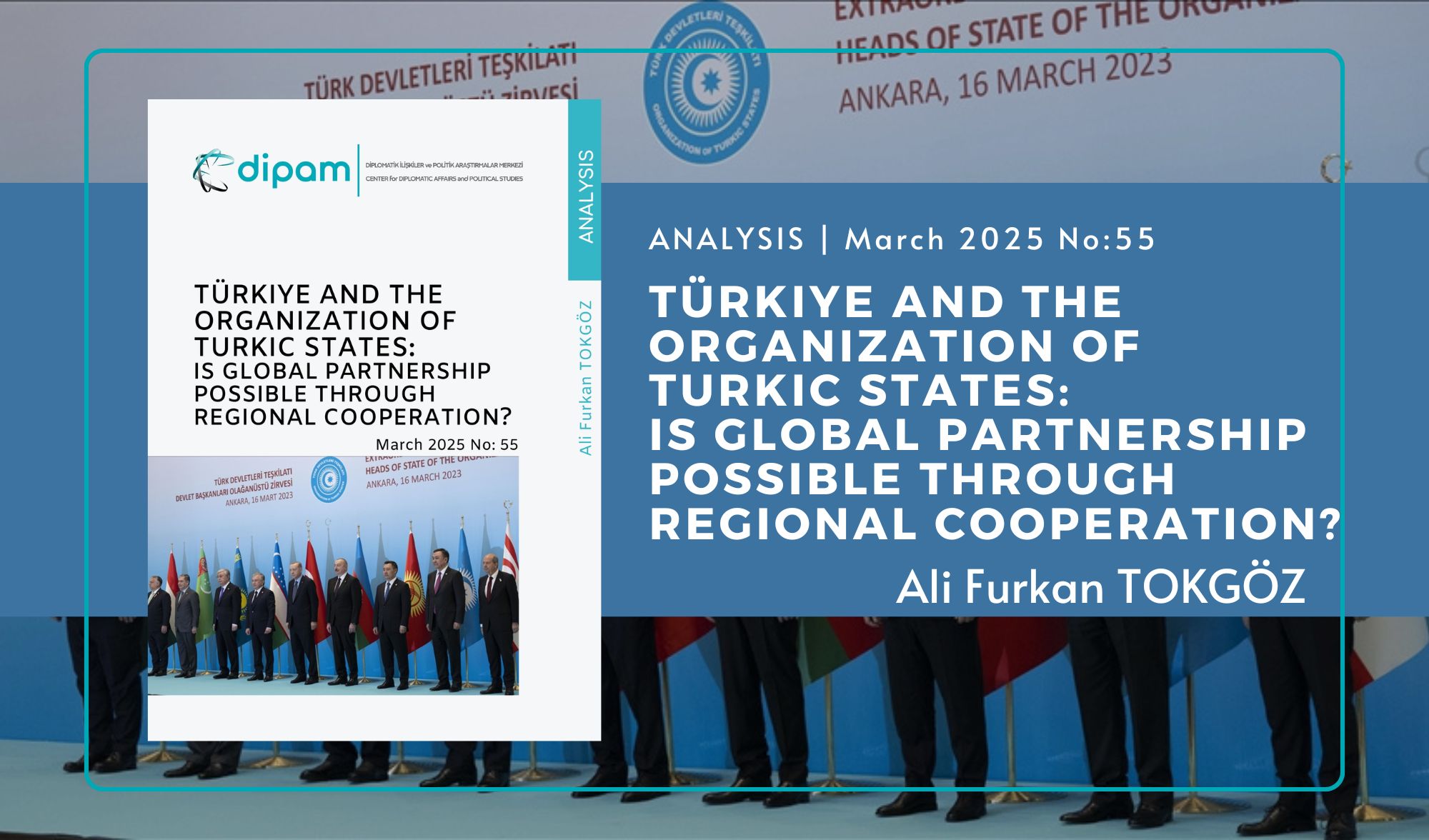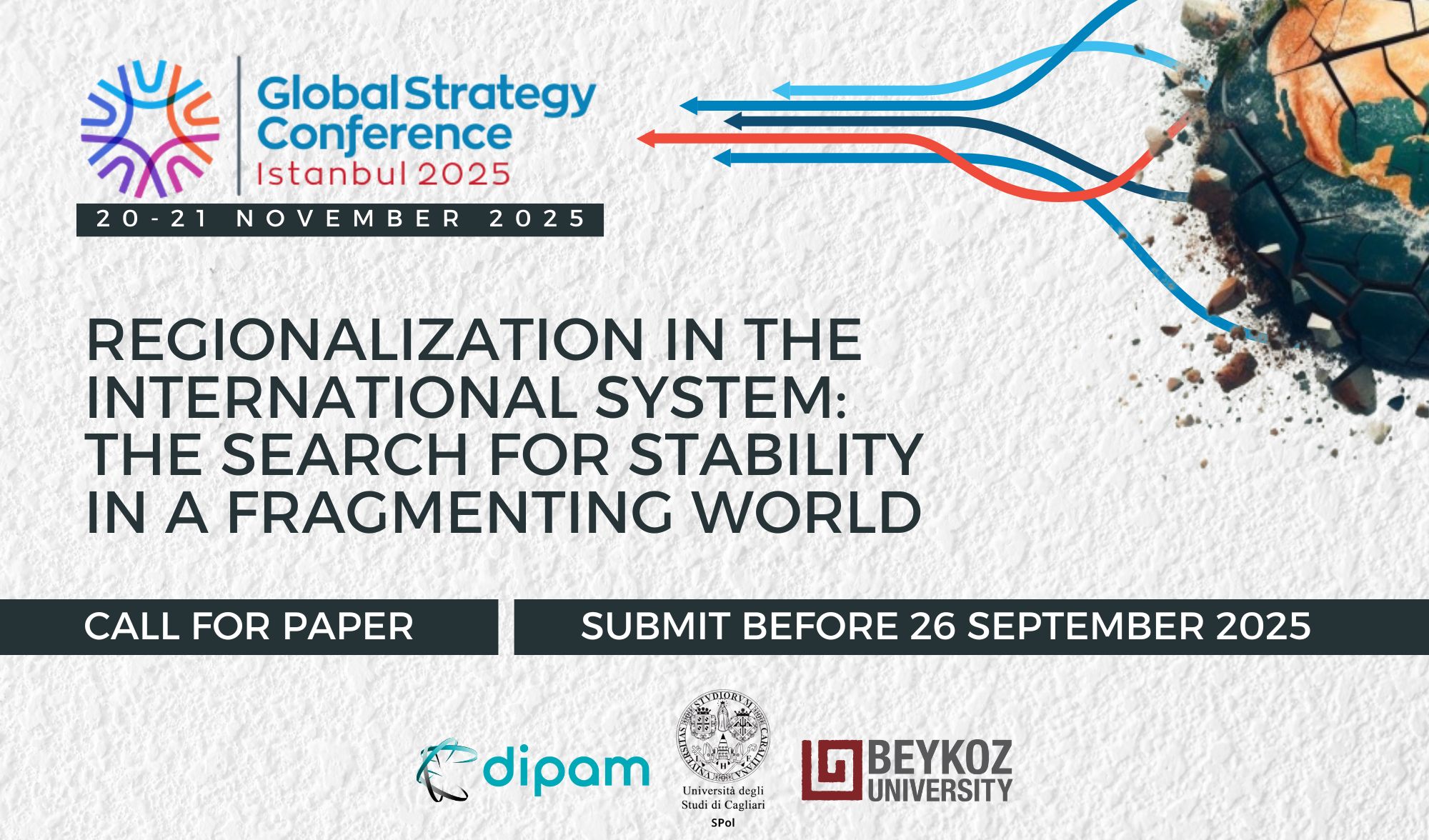The increasingly strengthening relations between Türkiye and the Organization of Turkic States (OTS), as well as the organization’s growing prominence in recent years, make it a subject worthy of academic analysis. Additionally, despite the OTS’s rising recognition, its expanding policy initiatives draw further attention.
To elaborate on some of the key themes, the OTS is an organization dedicated to enhancing cooperation among Turkic-speaking countries, taking significant steps toward deepening cultural, economic, and political collaborations among its members. In this context, projects such as a common alphabet, a shared currency, and strategic partnerships have come to the forefront, with Türkiye playing a pivotal role in these initiatives. It is crucial to recognize that Türkiye’s rapidly evolving and deepening engagement with the OTS in recent years has the potential to be influential not only at the regional level but also on a global scale.
The Turkic world encompasses a vast geographical expanse connected by historical, cultural, and economic ties that extend beyond the OTS member states. However, even when assessed solely within the framework of the organization, the OTS commands a significant presence in the global economy with a population of 178 million and an economic size nearing $2 trillion. The total exports of member states amount to approximately $558 billion, accounting for around 2% of global trade. Consequently, as economic integration and cooperative projects within the organization expand, the dependence of Turkic states on external economies could gradually diminish.
Cooperation within the OTS is not only structured within the organization’s central framework but is also reinforced through bilateral and multilateral agreements among member states. These collaboration mechanisms facilitate a more organic development of the integration process while also easing the implementation of large-scale initiatives. Considering these factors, the establishment of a more stable and sustainable integration model in the long run becomes increasingly feasible. However, it is important to note that the unique national interests and sensitivities of member states may significantly influence the pace and functionality of this process.
Although the OTS was officially established in 2009, the past five years have witnessed an accelerating trend of rapprochement and cooperation, fostering confidence among member states. Initially emerging as bilateral or trilateral collaborations, many of these initiatives have gradually expanded to encompass all OTS members, becoming an integral part of the organization’s collective vision. Efforts to enhance the international recognition of the Turkish Republic of Northern Cyprus (TRNC) within the OTS and initiatives to transition observer members such as Turkmenistan and Hungary into full membership present both opportunities and challenges, particularly given the reactions of certain regional and global actors.
In this context, while Türkiye can assume a leadership role in strengthening cultural and economic ties, it must also balance regional dynamics and carefully navigate the responses of external stakeholders. Projects such as a common alphabet and a shared currency have the potential to deepen the integration of the Turkic world. However, these processes must proceed gradually, in alignment with the economic and political priorities of member states. Türkiye’s leadership in these initiatives not only strengthens regional cooperation but also enhances its position as an influential global actor. Nevertheless, the success of this integration process hinges not only on state-level policies but also on societal and political-cultural alignment. In this regard, the implementation of a common alphabet appears to be a more immediate and predictable development, while steps toward a shared currency must be approached cautiously due to their implications for supranational economic mechanisms.
In summary, the question “Türkiye and the Organization of Turkic States: Is Global Partnership Possible Through Regional Cooperation?” is a crucial inquiry into the OTS’s regional influence and its role in global relations. The historical, cultural, and economic ties among Turkic states raise questions about the extent to which regional cooperation can be expanded and how it might evolve into a powerful global partnership. This study will analyze the potential of the Turkic states, the challenges they face, and the future of their global collaborations. Moreover, Türkiye’s integration process with the OTS is not merely a regional cooperation initiative but part of a broader geopolitical and economic vision. The strength of economic, cultural, and political ties among member states will solidify this foundation. Ultimately, Türkiye’s role in this process will be a decisive factor in shaping the future trajectory of the organization.
…





